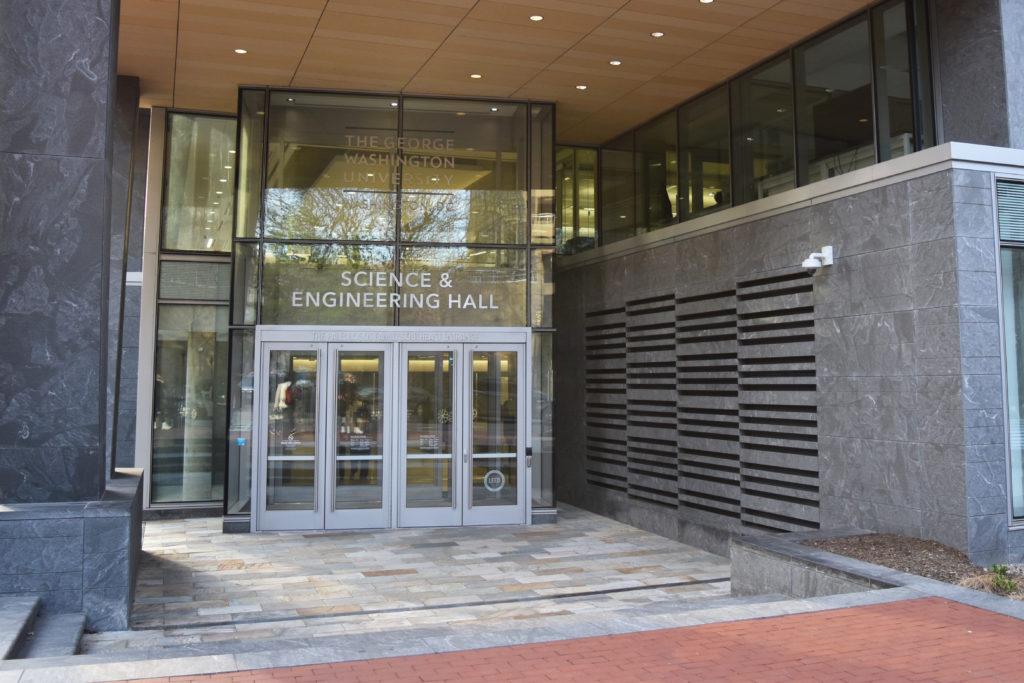Updated: Feb. 26, 2020 at 2:13 p.m.
Two professors will co-lead a project to inform University partners how to potentially decrease the ecological footprint of GW-owned solar energy farms, according to an engineering school newsletter sent last week.
The University, the GW Hospital and American University entered a 20-year partnership with Duke Energy, a solar and wind energy company, in 2014 to build solar panel farms to increase each institution’s reliance on renewable energy sources for electricity. Ginger Allington, an assistant professor of biogeography, and Ekundayo Shittu, an engineering professor, received a one-year $25,000 grant from the Duke Energy Innovation Fund to mitigate the ecological impact of solar sites set up under the deal, called the Capital Partners Solar Project, the newsletter states.
“This will inform opportunities to reduce the ecological footprint of the CPSP sites, while also promoting climate resilience,” the newsletter states.
Researchers will gather “baseline data” measuring the CPSP farms’ impact on the environment and analyze existing research that examines the relationship of renewable energy technologies, ecological conservation and climate mitigation, the newsletter states.
In 2012, the Office of Sustainability outlined goals like decreasing waste output and sourcing food locally by the year 2020 to shrink GW’s ecological footprint. Officials released the Climate Action Plan in 2010 to achieve carbon neutrality by 2040 and rolled out the GWater Plan, an initiative to decrease total water consumption and reduce GW’s impact on the Potomac and Anacostia rivers’ watersheds by 2021.
This post has been updated to reflect the following clarification:
The lede and nutgraf of this article has been updated to better reflect how the professors will use the grant money.




